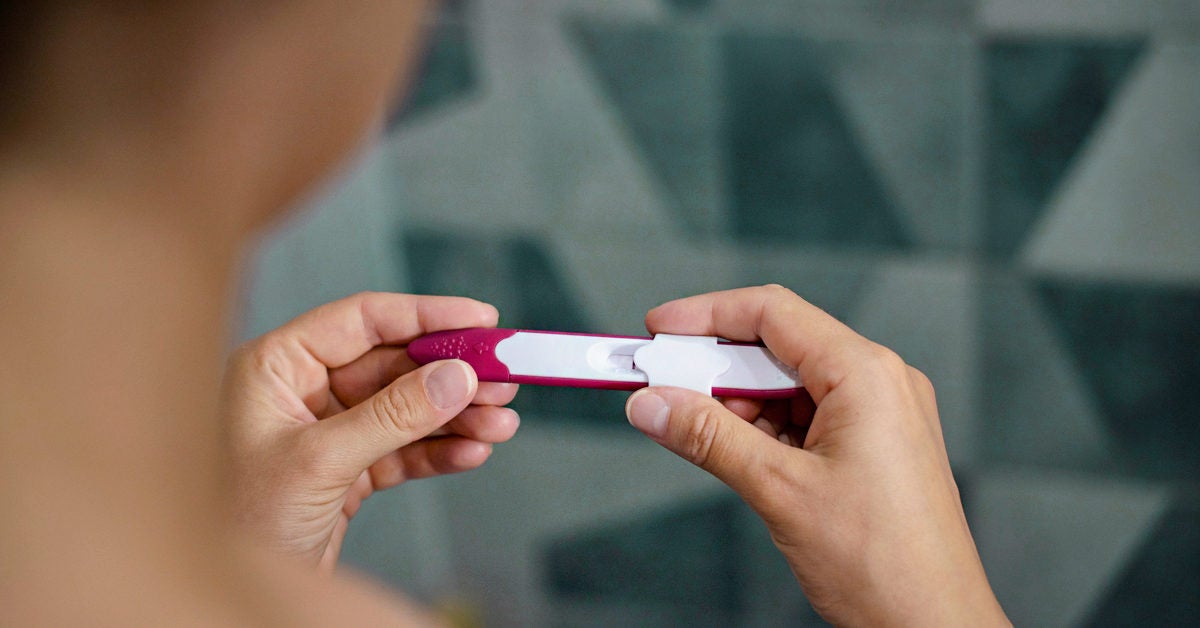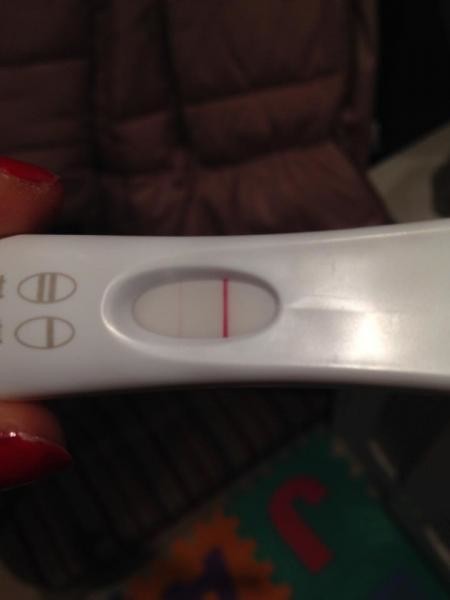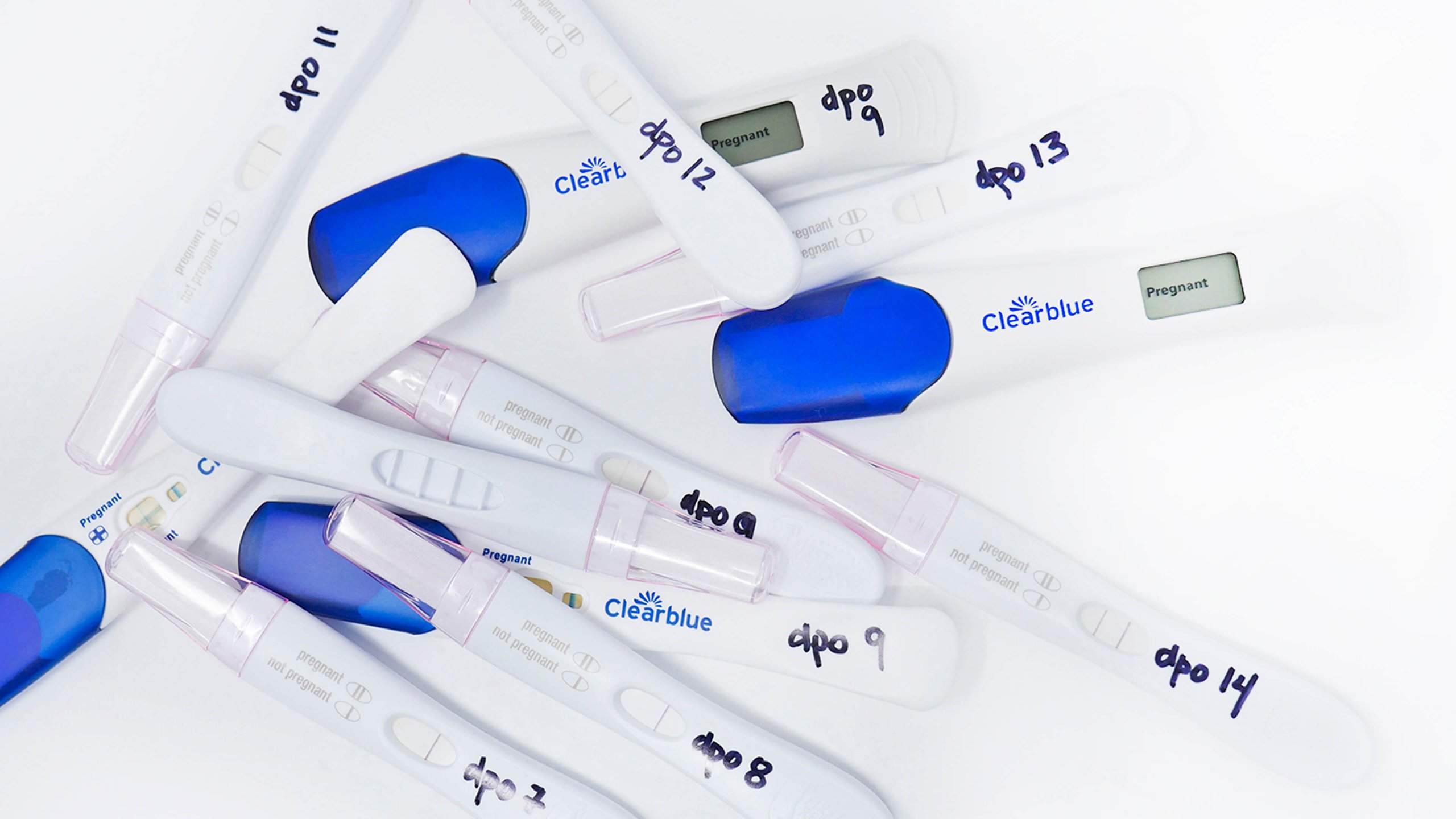

Sadly, though, this pregnancy is not in the right place. "An ectopic pregnancy can result in a positive reading on a pregnancy test, and this does indeed mean you are pregnant. The medication could increase this level slightly, bringing it into a detectable range, hence the possibility of a false positive result emerging from the test."Įmma Roberts gets candid about fertility struggles 6. "These medications could theoretically lead to a false positive result if a woman has experienced either a chemical pregnancy (more on that below) or a miscarriage, both of which would leave a small, undetectable level of HCG in the woman's bloodstream. These include benzodiazepines taken for anxiety (diazepam, alprazolam), diuretics taken for excess water retention (furosemide) and even antihistamines such as promethazine. "Some medications can alter the level of HCG in the blood.

We're pretty sure we've answered your question to 'can a pregnancy test be wrong?' by now, but if not, fun fact: even your medication can meddle with your result. This can result in a false positive test result." 4. "If you have had a recent miscarriage, the HCG level can stay in your bloodstream for a number of days. Fertility treatments are hormones which may mimic or even contain HCG, which is why this may happen." But if you've been going through fertility treatment, like IVF for example, and you are given fertility medication, this can cause a false positive reading on a pregnancy test. This hormone can be detected in the woman’s urine or blood even before a missed period.

"HCG (or if you want to get technical, human chorionic gonadotrophin) is a hormone released by the placenta after the embryo has been implanted into the womb. If you want to buy a pregnancy test, go to the pharmacy so you can guarantee it's within date," explains Dr Preethi. Heat or moisture can cause damage to the test window on a pregnancy test and this can also result in inaccurate results. "Pregnancy tests expire, which can result in a false-negative test. Can a pregnancy test be wrong? In short - yes. Keep reading to find out whether a pregnancy test can be wrong, and further, why. "Catching your first urine of the day ensures HCG levels are at their highest," she said. She does suggest that if you want to make sure you've got the absolute best chance of accuracy, incorporate the test into your morning routine. We spoke to Dr Preethi Daniel, medical director at London Doctors Clinic, to talk us through all the ways either of these eventualities could happen.īut before we start - Dr Preethi is keen to reiterate that "home pregnancy tests have advanced considerably in the technology they use and, with rigorous testing, have increased in accuracy over the years." This could either be in the form of a 'false positive' - a test that says you're pregnant when you don't actually have a viable pregnancy, or it could be in the form of a 'false negative' - a negative result when you are, in fact, pregnant. At-home pregnancy tests are pretty damn accurate, right? If you get a positive result you can almost certainly assume you are pregnant, at which point you should visit your GP to confirm the news, and then you can spend the next nine or so months cooking your human child (psst: read up on which celebs are currently expecting).īut can a pregnancy test be wrong? On some rare, and we mean very rare occasions, your test might display a false result.


 0 kommentar(er)
0 kommentar(er)
